The University of Göttingen is an internationally renowned research university. Founded in 1737 in the Age of Enlightenment, the University is committed to the values of social responsibility of science, democracy, tolerance and justice. It offers a comprehensive range of subjects across 13 faculties: in the natural sciences, humanities, social sciences and medicine. With about 30,000 students and more than 210 degree programmes, the University is one of the largest in Germany.
New press releases
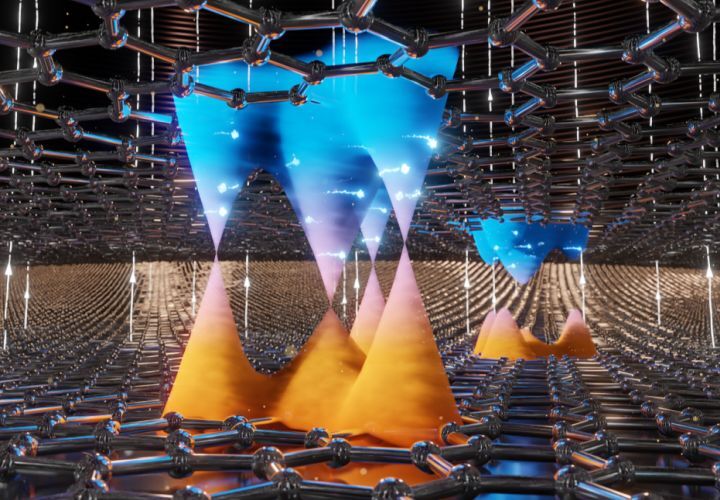
Quantum electronics: Charge travels like light in bilayer graphene
An international research team led by the University of Göttingen has demonstrated experimentally that electrons in naturally occurring double-layer graphene move like particles without any mass, in the same way that light travels. Furthermore, they have shown that the current can be “switched” on and off, which has potential for developing tiny, energy-efficient transistors – like the light switch in your house but at a nanoscale. The results were published in Nature Communications.
more…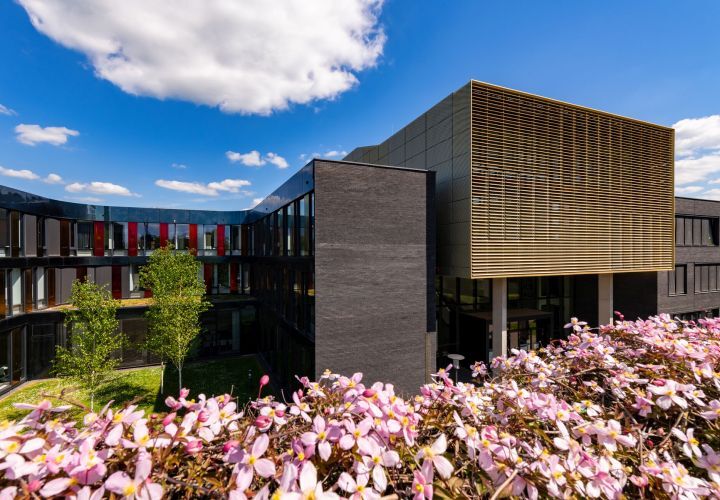
Prestigious awards for the humanities at Göttingen University
Professor of Arabic and Islamic Studies, Irene Schneider and linguist Professor Hedde Zeijlstra from the University of Göttingen have each been awarded an Advanced Grant from the European Research Council (ERC). The ERC will fund their projects for five years with a total of 2.5 million euros each. In addition, histo-rian Dr Anna Dorofeeva will lead a project within an Advanced Grant led by the University of Leicester. Around 550,000 euros of the funding will come to the University of Göttingen for this project.
more…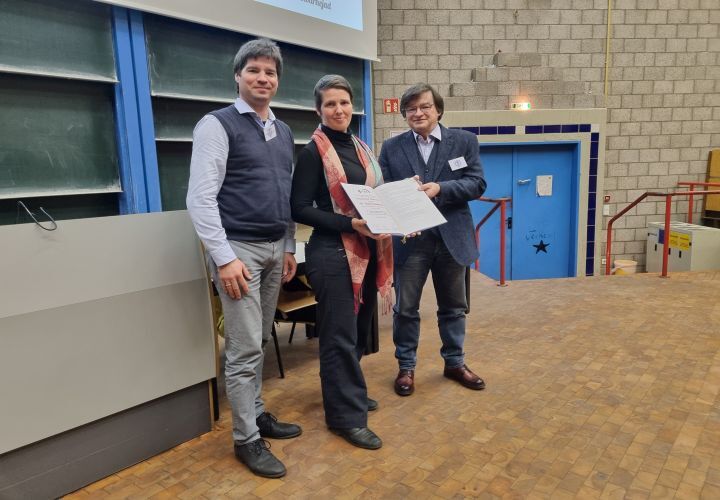
Young Scientist Award for Professor Viola Priesemann
During this year's spring conference of the German Physical Society (DPG), Professor Viola Priesemann received the Young Scientist Award for Socio- and Econophysics. The physicist conducts research at the Max Planck Institute for Dynamics and Self-Organization and the University of Göttingen. The prize is endowed with 7,500 euros and honors her work on propagation processes in complex systems.
more…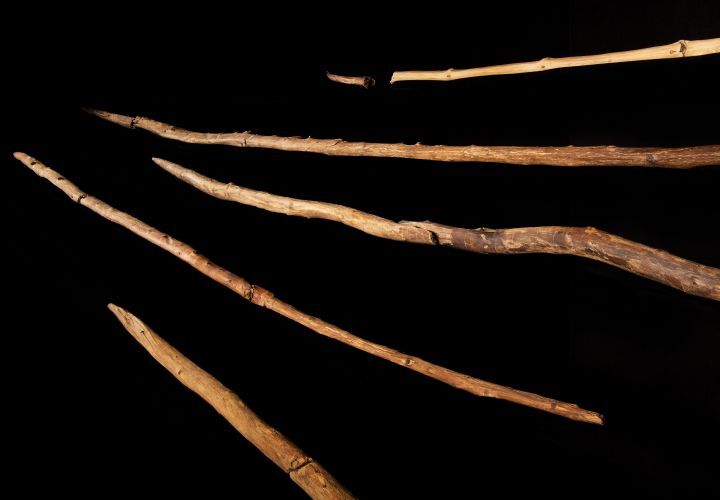
Finds at Schöningen show wood was crucial raw material 300,000 years ago
Extensive excavations in the Schöningen open-cast coal mine have been yielding many wooden objects from a layer dating from the end of a warm interglacial period 300,000 years ago. The items suggested a hunting ground on the lakeshore. An interdisciplinary research team has now examined all the wood objects for the first time. State-of-the-art imaging techniques such as 3D microscopy and micro-CT scanners have produced surprising results.
more…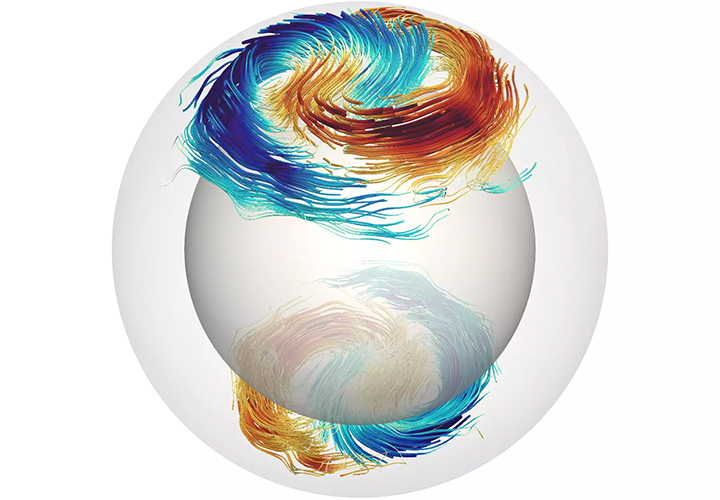
Long-period oscillations control the Sun’s differential rotation
The interior of the Sun does not rotate at the same rate at all latitudes. The physical origin of this differential rotation is not fully understood. A team of scientists at the Max Planck Institute for Solar System Research discovered, that the long-period solar oscillations play a crucial role in controlling the Sun’s rotational pattern.
more…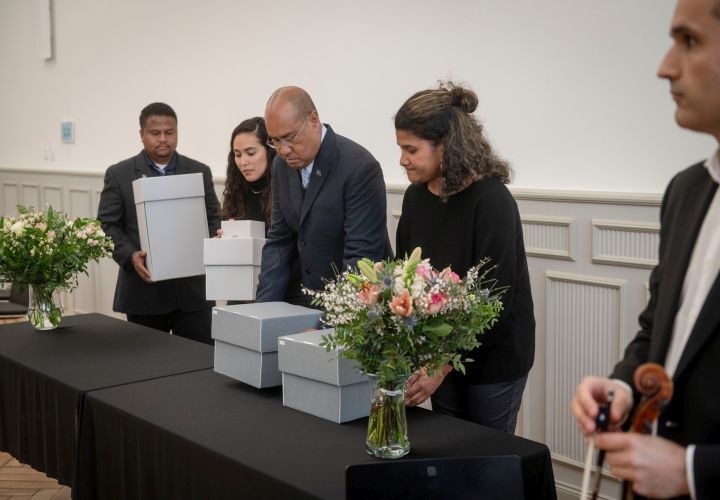
Human remains from Palau return home
The University of Göttingen and the State Ethnographic Collections of Saxony have handed over ancestral human remains to a delegation from the Republic of Palau. The human remains from the collections in Göttingen are those of seven individuals, those from the State Ethnographic Collections of Saxony those of three individuals. The formal handover took place on Monday 25 March 2024.
more…






















